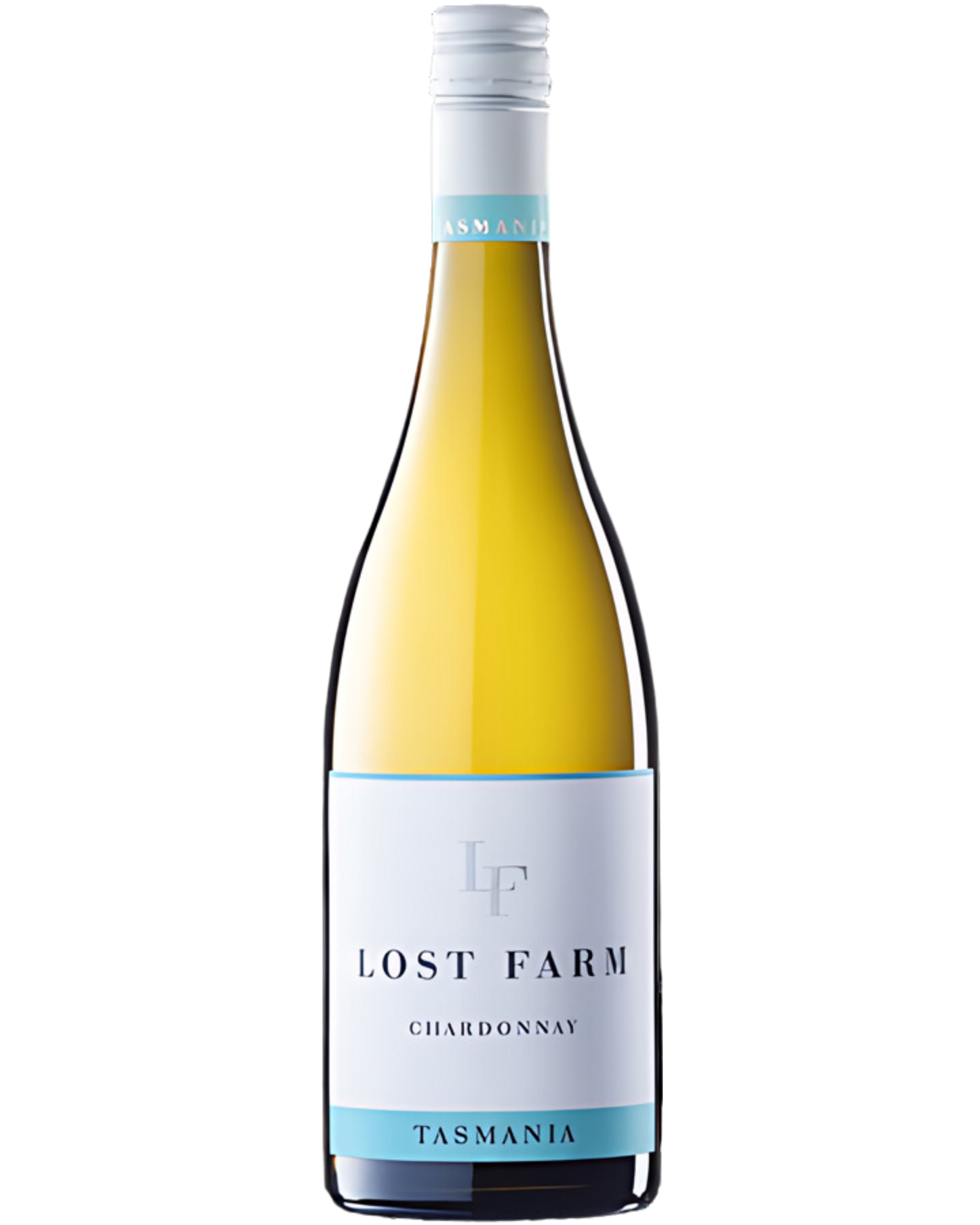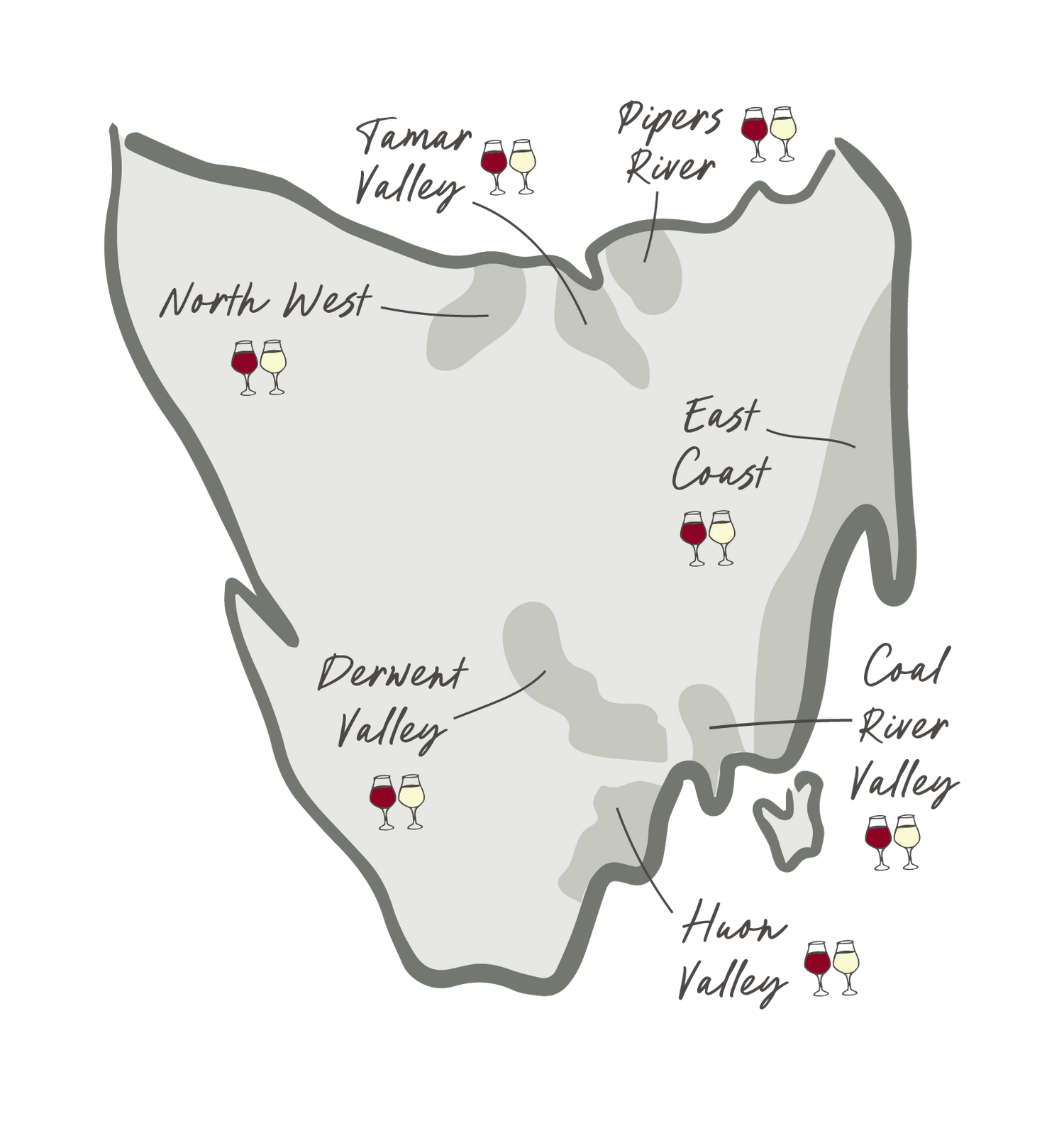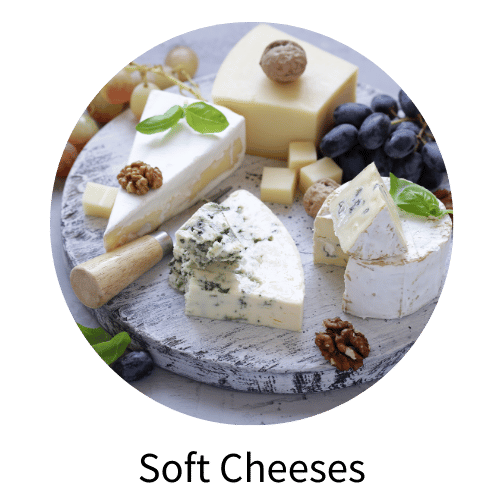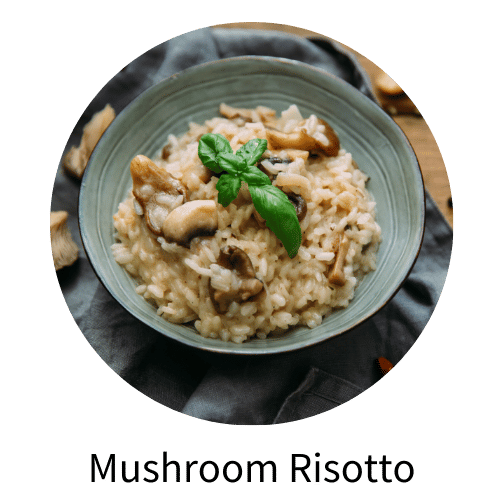Lost Farm Chardonnay 2022
Lost Farm Chardonnay 2022
Couldn't load pickup availability
The Lost Farm Chardonnay 2022 is a complex and elegant expression of Tasmania’s cool-climate winemaking. This Chardonnay reveals vibrant notes of lemon zest, white peach, and nectarine, complemented by the subtle richness of cashew nut and graceful oak.
The palate is creamy and textured, beautifully balanced with vibrant acidity that adds freshness and length.
Crafted in the Tamar Valley, this wine encapsulates the region’s unique terroir, bursting with flavour while maintaining finesse. Perfect for those who appreciate a Chardonnay with depth, texture, and balance.
- Ships within 24 hours
Tasting Notes
Tasting Notes
Winemaking
Winemaking
About the Vineyard
About the Vineyard
Accolades
Accolades

Perfect Pairings for Every Bottle
Discover dishes that enhance the unique flavours of your wine, whether you're preparing a hearty meal, light bites, or a simple dinner. Elevate your dining experience with expert food pairings. Bon appétit!

Tamar Valley
The Tamar Valley is Tasmania’s oldest wine region, located in Northern Tasmania and stretching from Launceston to the Bass Strait.
This region is renowned for its cool maritime climate and iron-rich soils, which provide ideal growing conditions for producing premium wines.
Home to over 30 family-owned wineries, the Tamar Valley accounts for more than a third of Tasmania’s total wine production. The region has a long history of viticulture, with its first commercial vineyard established in the mid-1800s at Windermere, and its cuttings even contributing to the early vineyards in South Australia.
Today, the Tamar Valley is celebrated for its Pinot Noir, Chardonnay, Riesling, and sparkling wines, all of which reflect the region’s exceptional terroir and winemaking heritage.





